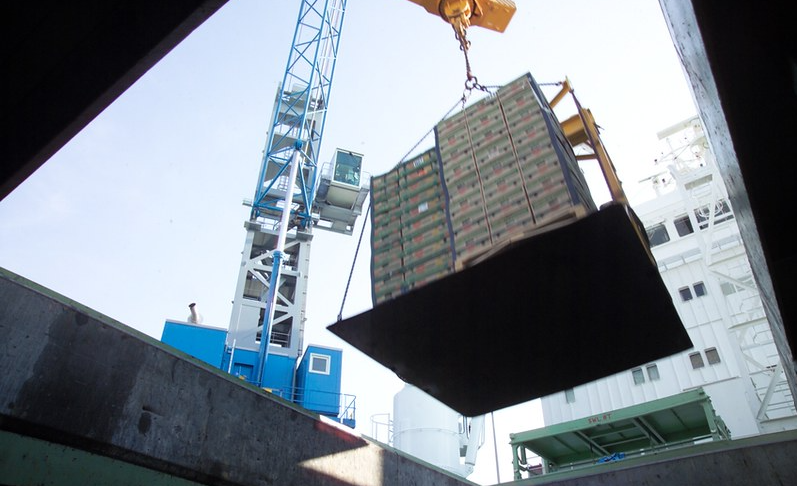Early detection is becoming more important than ever in the battle against ransomware and extortion claims as cyber threats continue to evolve, according to a new report by Allianz Commercial.
It warns that hackers are increasingly targeting IT and physical supply chains, launching mass cyber-attacks, and finding new ways to extort money from companies of all sizes. Most ransomware attacks now involve the theft of personal or sensitive commercial data for the purpose of extortion, increasing the cost and complexity of incidents, as well as bringing greater potential for reputational damage.
Allianz Commercial’s analysis of large cyber losses shows the number of cases in which data is exfiltrated is increasing every year – doubling from 40% in 2019 to almost 80% in 2022, with 2023 significantly higher. Scott Sayce, global head of cyber at Allianz Commercial, said: “Cyber claims frequency has picked up again this year as ransomware groups continue to evolve their tactics. Based on claims activity during the first half of 2023, we expect to see around a 25% increase in the number of claims annually by year-end.
“The attackers are back, and focused again on Western economies, with more powerful tools, enhanced processes, and attack mechanisms. Given this dynamic, a well-protected company is necessary to stand up to the threat and, increasingly, the most important element of this is developing strong detection and fast response capabilities.”
According to the Allianz Commercial report, the frequency of cyber claims stabilized in 2022, reflecting improved cyber security and risk management actions among insured companies. However, ransomware activity alone was up 50% year-on-year during the first half of 2023. So-called Ransomware-as-a-Service kits, where prices start from as little as US$40, remain a key driver in the frequency of attacks. Ransomware gangs are also carrying out more attacks faster, with the average number of days taken to execute one falling from around 60 days in 2019 to four.
Allianz analysis of more than 3,000 cyber claims over the past five years shows that external manipulation of systems is the cause of more than 80% of all incidents. Threat actors are now exploring ways to use AI to automate and accelerate attacks, creating more effective AI-powered malware, phishing, and voice simulation.
Rishi Baviskar, global head of cyber risk consulting at Allianz Commercial, said: “Traditional cyber security has focused on prevention with the goal of keeping attackers out of a network. While investment in prevention reduces the number of successful cyber-attacks there will always be a ‘gap’ remaining that will enable attacks to get through. For example, it is not possible to stop all employees from clicking on increasingly sophisticated phishing emails.”
He suggests that companies should direct additional cyber security spend on detection and response, rather than just adding more layers to protection and prevention. Allianz says only one third of companies discover a data breach through their own security teams even though early detection technology is readily available and effective. Baviskar added: “Detection systems are constantly improving and can save lots of pain, decreasing detection and response times. This is something we look for in our cyber risk assessments and underwriting.”
Cyber breaches that are not detected and contained early can be as much as 1,000 times more expensive than those that are, according to the report. Allianz Commercial analysis suggests that early detection and response can stop a €20,000 loss potentially becoming a €20m one.
Printed Copy:
Would you also like to receive CIR Magazine in print?
Data Use:
We will also send you our free daily email newsletters and other relevant communications, which you can opt out of at any time. Thank you.











YOU MIGHT ALSO LIKE